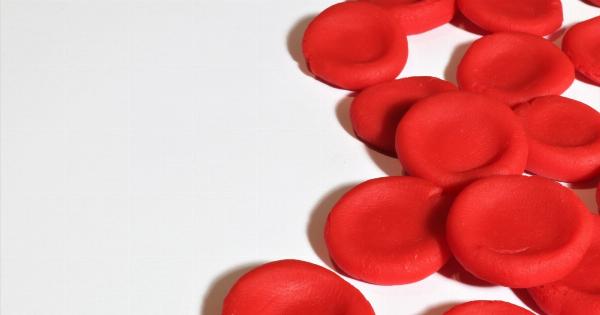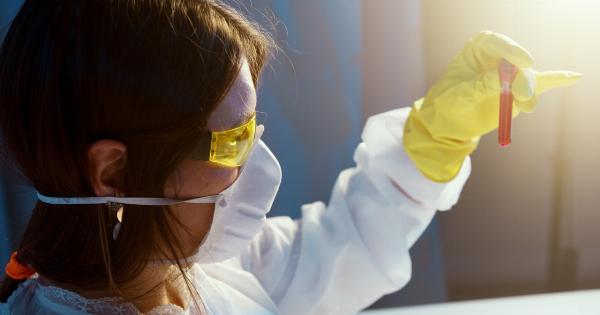Blood is the most important fluid in our body. It carries oxygen and nutrients to all parts of the body and helps in removing waste products. Blood is essential for life, and there is no substitute for it.
Every three seconds, someone needs a blood transfusion, and one pint of blood can save up to three lives. There is always a demand for blood, and the only source of blood is human donors. Hence, it is essential to have a regular supply of safe and healthy blood available to meet the demand.
You can become a part of this life-saving movement by becoming a world blood donor.
The Need for Blood Donors
The World Health Organization (WHO) estimates that approximately 118.5 million blood donations are collected worldwide each year. However, this is not enough to meet the increasing demand for blood transfusions.
The demand for blood is rising due to the increase in population, aging, and advances in medical treatments. Moreover, the COVID-19 pandemic has created new challenges, and the number of blood donations has decreased in many countries.
This has resulted in a shortage of blood supply, which can have severe consequences for patients in need of blood transfusions.
The Benefits of Blood Donation
Blood donation is a simple and safe process that can help save lives. When you donate blood, you can contribute to improving the health of people in your community and beyond. Blood donation has several benefits for the donor as well.
Here are some of the advantages of donating blood:.
- Helps in reducing the risk of heart diseases and stroke
- Helps in maintaining healthy iron levels in the body
- Stimulates the production of new blood cells
- Helps in preventing certain types of cancer
- Provides a free health checkup
Who Can Donate Blood?
Most people between the ages of 18-60 can donate blood. However, the eligibility criteria may vary depending upon the country and the blood bank guidelines. Some of the general requirements for blood donation are:.
- You must be in good health
- You must weigh at least 110 pounds
- You must have a hemoglobin (iron) level of at least 12.5 g/dL
- You must not have donated blood in the last 8 weeks (men) or 16 weeks (women)
- You must not have any infectious diseases such as HIV or hepatitis
The Blood Donation Process
The blood donation process is simple and safe. Here are the steps involved in blood donation:.
- Registration: You need to register yourself at the blood bank and provide basic information about yourself.
- Medical Checkup: A medical professional will check your vitals such as blood pressure, pulse, and temperature to ensure that you are healthy enough to donate blood.
- Blood Donation: After the medical checkup, you will be taken to a private area where a healthcare professional will draw blood from your arm. The donation process usually takes around 10 to 15 minutes.
- Refreshment: After the donation, you will be provided with some refreshments such as juice and snacks to help you recover from the blood loss.
Tips for a Successful Blood Donation
Here are some tips that can help make your blood donation experience a success:.
- Stay hydrated by drinking plenty of water before and after donation
- Eat a healthy meal before donation
- Rest well before and after donation
- Wear comfortable clothes that allow easy access to your arm
- Avoid smoking or consuming alcohol before donation
The Importance of Voluntary Blood Donation
Donating blood is a voluntary act that does not involve any financial benefit. Voluntary blood donation ensures that the blood supply is safe and free from any diseases or infections.
Voluntary blood donation is also essential as it promotes community involvement and reduces the dependence on paid donors. Moreover, voluntary blood donations are more likely to be repeat donors who donate regularly, ensuring a constant supply of blood.
Blood Donation during COVID-19 Pandemic
The COVID-19 pandemic has had a significant impact on blood donation. Many countries have reported a shortage of blood supply due to the closure of blood donation sites, cancellation of blood drives, and fear of contracting the virus.
However, blood donation is still safe during the pandemic if adequate precautions are taken. Blood banks are taking measures to ensure the safety of donors, such as:.
- Screening of donors for symptoms of COVID-19
- Practicing social distancing and maintaining a safe distance between donors
- Regular disinfection of surfaces, equipment, and donation areas
- Providing face masks and hand sanitizers to donors
Conclusion
Blood donation is a simple act of kindness that can help save lives. By becoming a world blood donor, you can join the movement to ensure that safe and healthy blood is available to meet the demand.
Donating blood has several benefits for the donor as well, such as reducing the risk of heart diseases, maintaining healthy iron levels, and providing a free health checkup. It is essential to promote voluntary blood donation and raise awareness about the importance of blood donation, especially during the COVID-19 pandemic.



























